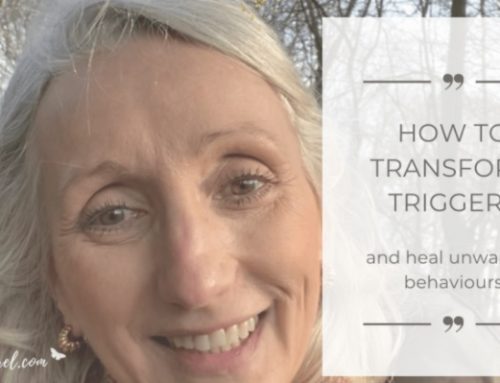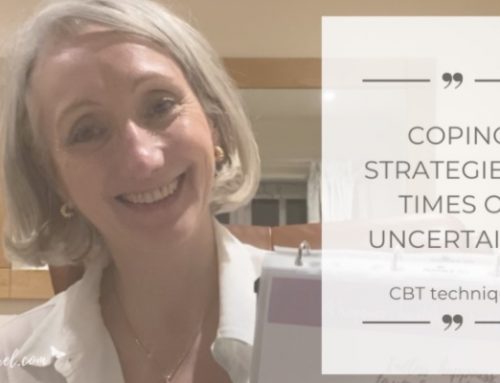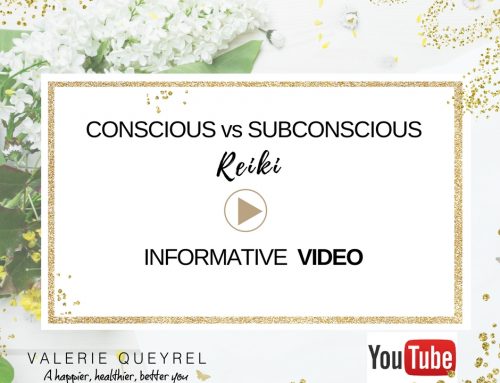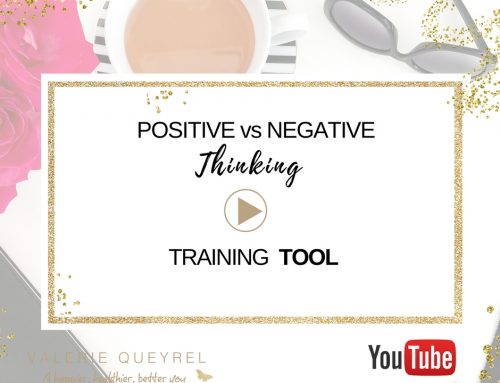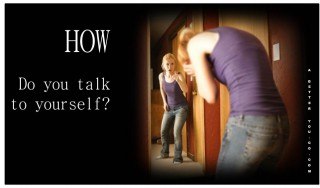 Our critical inner voice can have a devastating effect on us, leading to low self-esteem and a debilitated self-image.
Our critical inner voice can have a devastating effect on us, leading to low self-esteem and a debilitated self-image.
It’s important to take a moment to reflect on how strong a critical inner voice we have. Are we permanently berating ourselves for our guilt, our shame, our wrongdoings – and how does this make us feel?
A critical inner voice is a bit like poison ivy, invading us on the sly and then attacking, blaming, comparing and criticising. It can be abusive and judgemental, leaving us with the overwhelming feeling that we are not good enough. We may listen to it for so long that we come to believe that we are fat, stupid, selfish, unlovable, ugly (or whatever it maybe telling us). We may even start to think that this is how others perceive us too!
Listening to this voice could be the only way we know to try and become ‘A Better Us’, or perhaps it’s learnt behaviour from our childhood. Either way, we can become so accustomed to the negative things it tell us that our mind may believe what we are hearing.
Enough is enough! Now is the time to stop inflicting this pain upon ourselves, and to replace this old destructive habit with a useful new one. But how…?
STEP 1: AWARENESS: Notice how this voice can use words or pictures to judge and blame us, often dwelling over shameful events from our past and playing back conversations like a broken record. It can trigger our emotions, leaving us feeling low and empty. Imagine this voice is on a radio and visualise switching it off to silence the voice and dispel the negative emotions.
STEP 2: FORGIVENESS: Let’s not berate ourselves for having got upset, made a mistake, been embarrassed or felt hopeless in the past. Instead let’s recognise that we have been acting like ‘a critical parent’ towards ourselves. We need to forgive ourselves for it and move on.
STEP 3: NURTURING: Let’s flip the switch from critical parent to nurturing parent, starting with a virtual hug! This hug is for everything we’ve gone through and for the courage to let go of old behaviours that are no longer useful. We can then tell ourselves than we are good enough and that we are loveable just as we are. Try looking at the past as if it were an old movie, taking time to reflect on what we’d do differently if we could turn back the clock. And let’s finish by telling ourselves that we intend to try and act differently when the opportunity arises again in the future.

